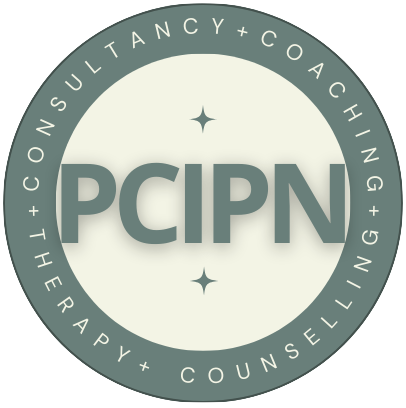What is integrative practice and personal consultancy?
There are many approaches to counselling and psychotherapy, such as Cognitive-Behavioural Therapy, Person-centred therapy, and Psychodynamic therapy. Integrative Practitioners combine some elements of these and other approaches in their practice. Personal Consultants also add coaching elements into the mix.
It is a very effective approach because it helps clients explore their inner world, address their inner conflicts and barriers to change, and also make tangible, concrete changes in their lives and achieve their goals. In other words, we help clients go into depth to build good foundations and then build a house for their inner selves or a bridge to others above the surface.
If you would like to find a Personal Consultant/Integrative Practitioner for a free initial consultation, please click here.

what happens in your session
This process is perhaps best summarised as a shared journey – you will always remain in charge and decide in collaboration with the practitioner where to go, how far and at what pace. A minimum six 50-minute sessions are required to go through all four stages.
the integrative therapy journey
- At the Authentic Listening stage, you will have opportunities to talk about whatever is on your mind and express your feelings in a safe, supportive and confidential environment. Most clients find this beneficial and if this is all you want, we will remain at this stage. Some clients, however, want to go further.
- The Rebalancing stage is about inner work: locating and addressing inner barriers and conflicts that prevent you from getting where you want to be and achieving greater internal balance and harmony. This stage lays good foundations, but if you wish to make some tangible, visible changes, you may want to move to the next one.
- The Generating stage is about making concrete changes and achieving your aspirations and goals. The focus at this stage moves from talking to doing, making a difference.
- We all know that sustaining a change is often a greater challenge than making it, so the final, Supporting stage is about making the change last.

